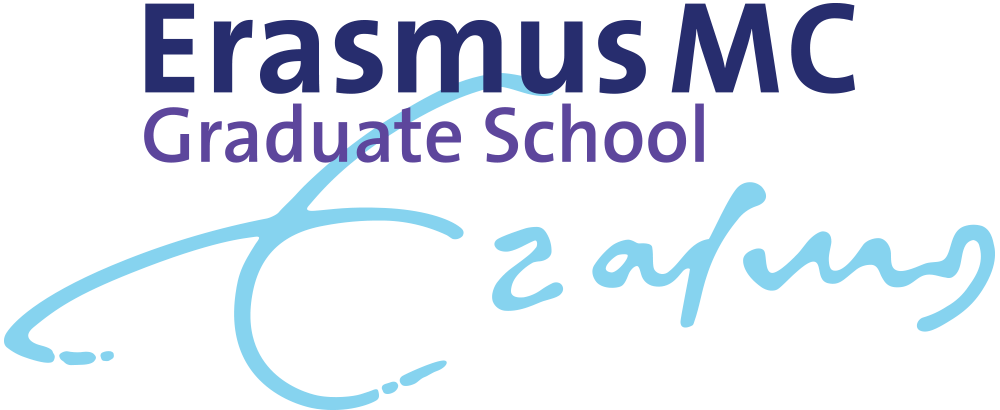Research Themes
- Intensive Care
- Oral and Maxillofacial Surgery
- Plastic, Reconstructive and Handsurgery
- Biostatistics
- Medical Psychology and Psychotherapy (MPP)
- Health Decision Sciences
- Public Health
- Genetic Epidemiology
- Clinical Epidemiology
- Musculoskeletal Science
- Rehabilitation Medicine
- Surgical Research
- Gastroenterology & Hepatology
- Transplantation Medicine
- Urology
- Periconception and Prenatal Medicine, Obstetrics and Reproduction
- Pediatric Research
- Gynaecology and Gynaecologic Oncology
- Medical Oncology
- Haemato-Oncology
- Cardiovascular research
- Endocrinology, Neuro-Endocrine Immunology, and Clinical and Medical Immunology
- Imaging Studies
Medical Informatics
Through innovative fundamental and applied research Medical Informatics aims at developing and validating advanced techniques for the processing and analysis of large, complex, and heterogeneous medical and biological data sets.
 Theme 1: Observational Databases
Theme 1: Observational Databases
In the Dutch health care system general practitioners (GPs) play a central role. They practice in the community outside the hospital, referring ambulatory patients to other medical disciplines for outpatient or inpatient care. These other medical disciplines report their findings and actions back to the concerned GPs. The GPs address approximately 90% of the medical problems presented to them. The information systems of the GP, the electronic patient records, are an important source of data due to the unbiased and prospective collection of these data and the detailed insight in patient care. The Integrated Primary Care Information (IPCI) project is a longitudinal collection of electronic patients records from Dutch general practitioners into a central research database. This research area focuses on clinical epidemiologal, pharmaco-epidemiological and pharmaco-economic studies based on this database.
 Theme 2: Biosemantics
Theme 2: Biosemantics
Dr. Jan A. Kors
The explosion of textual information now available to life scientists has an almost overwhelming effect. It has become entirely impossible to read all relevant literature and interpret all available data in anyone’s discipline.
Predictions for the near future are staggering: in biomedical sciences alone, one new article will be produced every minute in 2007 and this number is likely to increase in the decade to come. This research area focuses on developing innovative tools for sharing the wealth of data sources world-wide. More specific, we develop tools for massive concept mining, enrichment of thesauri and ontologies and meta-analysis of large amounts of distributed resources.
We distinguish four major categories of activities: A: Knowledge creation, discovery and analysis, B: Knowledge validation and annotation, C: (re-)distribution of Knowledge and D: Software and tool development. In close collaboration with many partners, tools are designed, implemented and evaluated to speed up and improve the validation and annotation process, to disambiguate textual variations and to enrich ontologies and thesauri.
The second major subject of the group is the meta-analysis of large numbers of papers. Scientists have been meta-analyzing various literature resources and have come up with new insights through intelligent combination of concepts and their interrelationships. Computational tools that assist the researcher in this combination process have already resulted in new hypotheses. Different technologies will be further developed to allow for massive meta-analysis of hundreds of thousands of database records at a time. The approach is expected to cause a quantum leap in our ability to handle and mine massive amounts of information.

